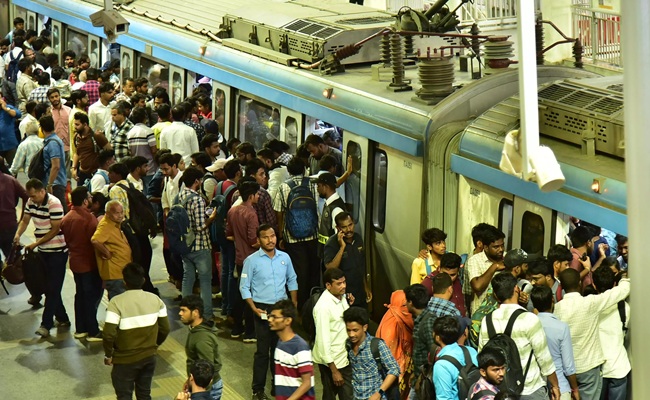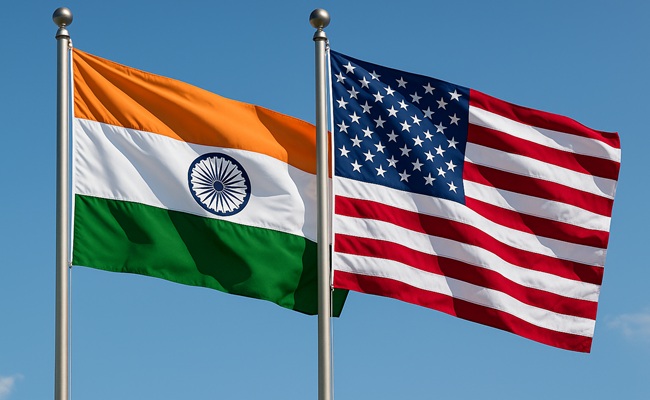Every morning and evening, the Hyderabad Metro transforms into a reflection of the city’s rhythm, carrying thousands of commuters through its sleek corridors. Since its launch in 2017, the metro has become a lifeline for residents, easing congestion and providing reliable transport. Yet, as passenger numbers grow, so does the demand for basic etiquette and civility among riders.
Reports of commuters pushing ahead in queues, speaking loudly on phones, or refusing to offer seats to the elderly and disabled highlight a worrying trend of discourtesy. While these incidents may seem minor, they affect the overall experience and raise concerns about the erosion of social norms in public spaces.
Transport officials and community leaders are addressing the issue through awareness campaigns. Posters and audio announcements in trains and stations remind passengers of the importance of offering seats, maintaining decorum, and respecting fellow commuters. The aim is to cultivate a sense of shared responsibility and mutual respect within the metro system.
Social media has further amplified the debate. Viral posts capturing acts of kindness or highlighting instances of rude behavior have sparked widespread conversations, encouraging passengers to reflect on their own conduct. These online discussions are helping to build accountability and awareness, reinforcing the idea that courtesy is not optional but essential in shared spaces.
As Hyderabad continues to expand, the metro is more than just a transport network—it is a cultural hub where diverse lives intersect daily. Officials emphasize that simple gestures of kindness can make the commute smoother and foster a healthier community spirit. A collective commitment to courtesy could transform the metro into not only a symbol of progress but also a space of harmony and respect.



